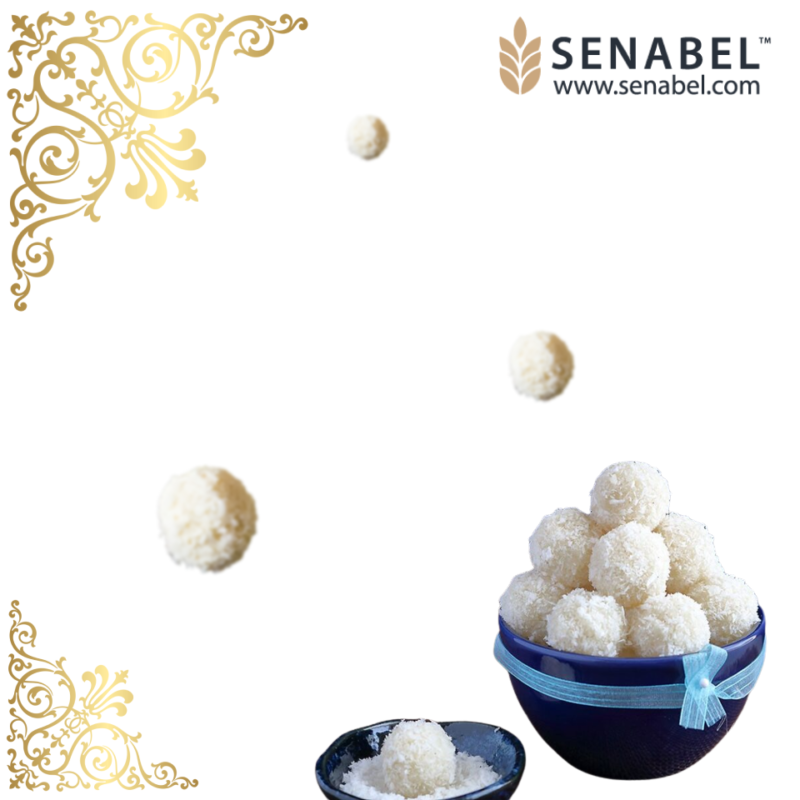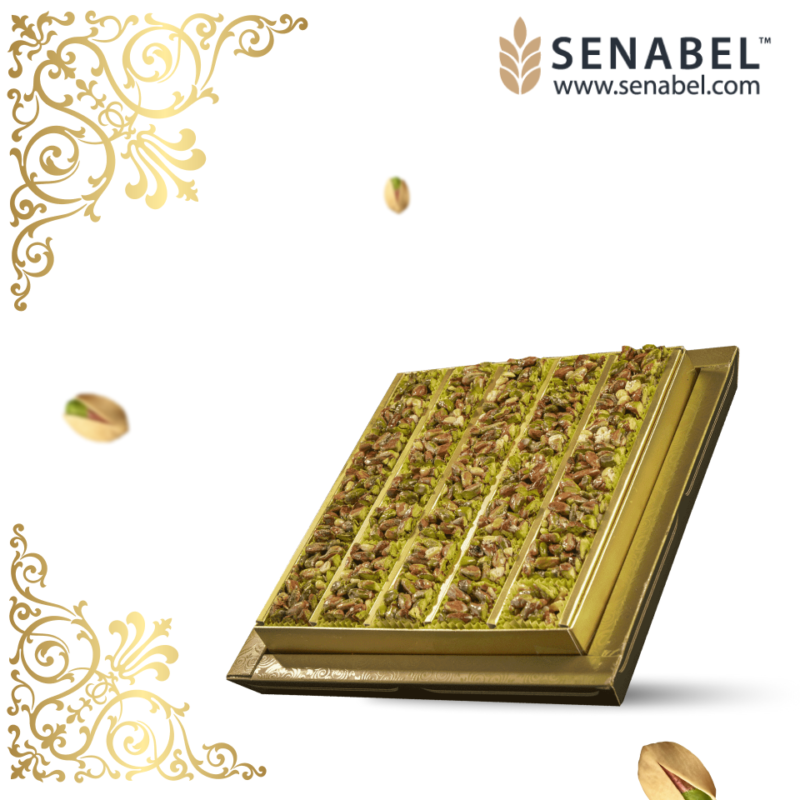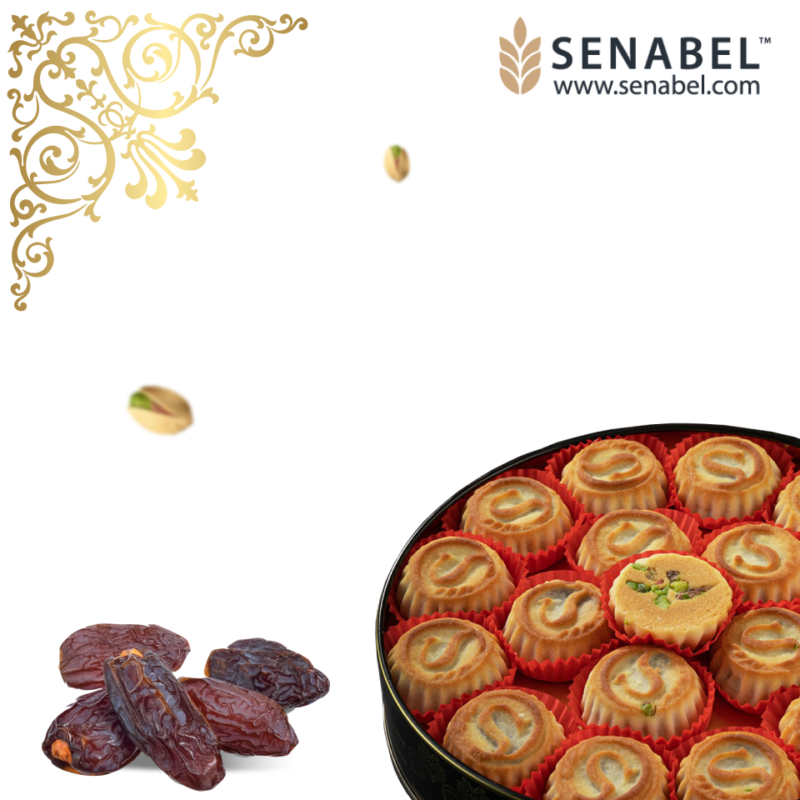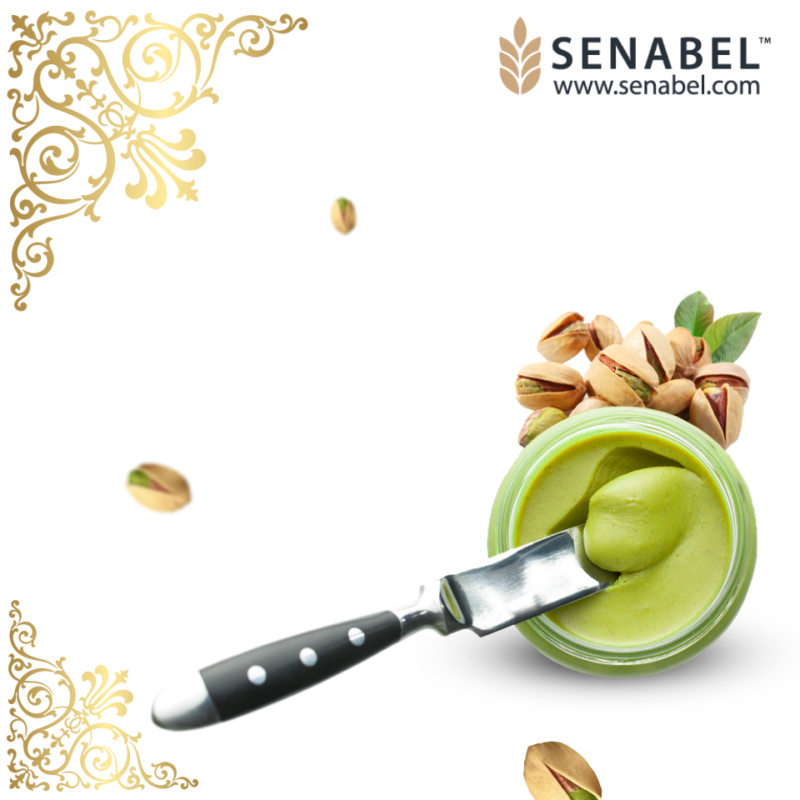
Blog
Qamar al-Din: The sweet essence of Middle Eastern tradition

Qamar al-Din, a beloved Middle Eastern drink, holds a special place at the heart of the region's culinary and cultural traditions. This rich drink, made from apricots or other fruits, has a centuries-old history and is enjoyed on various occasions, especially during the holy month of Ramadan.
In this article, we will delve into the world of Kamarudin, exploring its origin, preparation, flavors, and cultural significance.
Origin and history
The history of Qamar al-Din can be traced back to the days of the Abbasid Caliphate, the golden age of Islamic civilization. Originally, this delicious beverage was made from apricot skin, known in Arabic as "Qamar al-Din". The skin was rehydrated and then transformed into a refreshing and delicious beverage. Over time, the apricot skin was replaced with apricot paste or puree, giving rise to the modern version of the drink.
Preparation and ingredients
Qamar Din is made by soaking apricot paste or leaves in water. The apricot essence blends into the water, creating a sweet aromatic base. Sugar is added to enhance the sweetness, although some variations include natural sweeteners such as honey or even a touch of orange blossom water to add fragrance.
Flavors and variations
Traditionally, qamar din has a rich apricot flavor, often with a slightly tangy aftertaste. However, in different Middle Eastern countries, you'll find variations that cater to local tastes. Some regions may add spices such as cinnamon or a bit of rose water, creating a unique flavor. In some cases, people enjoy it with nuts or apricot pieces for added texture.
Cultural significance and modern use
Qamar al-Din has deep cultural roots in Middle Eastern societies, as it is often consumed during the holy month of Ramadan at iftar. The drink is not only a source of nourishment but also a symbol of unity and tradition. It is also used in various culinary applications, such as seasoning desserts and pastries, including the popular Qamar Din pastry.
In modern times, Qamar Din has become a versatile ingredient, used in innovative cocktails, cocktails, and desserts. The unique apricot flavor adds a Middle Eastern twist to a wide range of delicacies, making it a popular choice for both traditional and contemporary cuisines.
In conclusion, Kamarudin is a testament to the enduring traditions and flavors of the Middle East. It is a sweet and fragrant beverage that embodies the spirit of teamwork and culture. Whether you enjoy it during Ramadan, as part of a dessert, or in creative culinary creations, Qamar Din continues to hold a treasured place in the kitchens and hearts of the Middle East, inviting people to savor the rich tapestry of Middle Eastern culture and flavors.
Read more: Exploring the world of coffee: A journey through the different types of coffee












